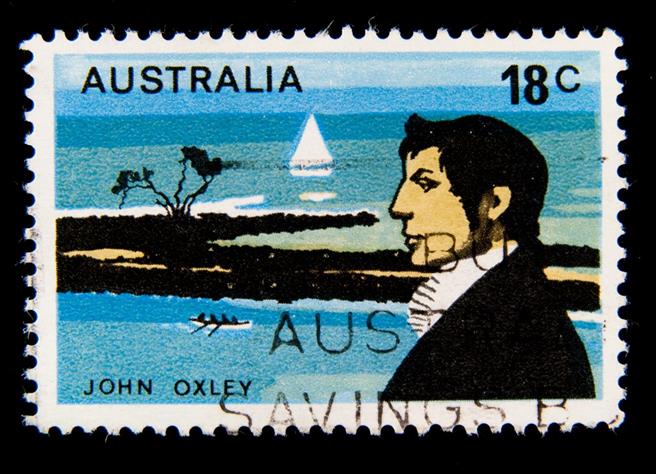Author:
Michelle Bishop
(MENAFN- The Conversation) Captain James Cook arrived in the Pacific 250 years ago, triggering British colonisation of the region. We're asking researchers to reflect on what happened and how it shapes us today. You can see other stories in the series here and an interactive here .
The Australian government has allocated tens of millions of dollars to commemorate the anniversary of Cook's voyage to the South Pacific and Australia in 1770. Though several events have now been suspended due to the coronavirus pandemic, others will take place online.
This could also be an opportunity for teachers to disrupt the same white-washed versions of colonisation (brave, heroic and necessary) taught in Australian schools for centuries.
Read more: Captain Cook 'discovered' Australia, and other myths from old school text books
There is a plethora of education policy mandating teachers incorporate Indigenous perspectives across year levels and subject areas. But in practice, this is much harder to do without Indigenous perspectives becoming trivialised or tokenistic.
Policy isn't enough
Many teachers don't feel confident or capable to include Indigenous perspectives in their classrooms.
In our recent study in a cluster of primary and secondary schools, teachers were paired with Aboriginal community members to plan and deliver lessons. Initially, teachers reported feeling ill-equipped to genuinely include an Aboriginal perspective.
One teacher said:
Teachers involved in the project had the best of intentions and a fierce willingness to learn. Some had been teaching for more than 20 years and openly admitted their ignorance towards Indigenous dispossession and the way schooling was used as a vehicle of colonisation.
Another teacher expressed the problem of not having adequate skills to teach Indigenous perspectives:
Without Indigenous perspectives in the classroom, or with only tokenistic inclusion, students' views on Aboriginal peoples, colonialism and 'Australian history' are more susceptible to negative media and social attitudes.
This leaves many non-Indigenous students ill-equipped to think critically about the world they live in.
As one teacher said:
Read more: Captain Cook 'discovered' Australia, and other myths from old school text books
I'm just following the syllabus
Some teachers feel protective of the formal curriculum. In this instance, Indigenous perspectives become a tick-the-box policy, something to add into the lesson, but not so much that it interferes with the 'real' learning outcomes.

Many Indigenous students feel frustrated at the way 'Australia history' is being taught. From Shutterstock.com But what are these 'real outcomes'?
In the NSW curriculum, the stage two (years three and four) unit 'First Contacts', provides the earliest comprehensive glimpse of world exploration and the colonisation of Australia. The key questions for inquiry include :
-
why did the great journeys of exploration occur?
-
what was life like for Aboriginal and/or Torres Strait Islander peoples before the arrival of the Europeans?
-
why did Europeans settle in Australia?
-
what was the nature and consequence of contact between Aboriginal and/or Torres Strait Islander peoples and early traders, explorers and settlers?
Note the use of presumptive ('great') and passive ('settle', 'explorers') language in these questions. The last dot point also raises concerns about how teachers will challenge entrenched whitewashed versions of history.
Read more: A failure to say hello: how Captain Cook blundered his first impression with Indigenous people
Research with Aboriginal and Torres Strait Islander high school students highlights the frustration Indigenous students feel, particularly during history lessons.
As one student said:
Another student described the tension in the classroom as their teacher downloaded information from the internet:
What will it take?
Teachers must critically reflect on their own identity and how it potentially influences their personal bias and worldview. They must also be willing to confront the ongoing effects of colonialism in and outside the classroom and listen to Indigenous people.
Read more: 'They are all dead': for Indigenous people, Cook's voyage of 'discovery' was a ghostly visitation
Teachers must aspire to adequately and systemically overturn the harm schooling continues to inflict on many Indigenous people. A critical dialogue of Cook's arrival that familiarises students with topics like racial hierarchies and white supremacy is long overdue.
MENAFN2904202001990000ID1100091222
Legal Disclaimer:
MENAFN provides the information “as is” without warranty of any kind. We do not accept any responsibility or liability for the accuracy, content, images, videos, licenses, completeness, legality, or reliability of the information contained in this article. If you have any complaints or copyright issues related to this article, kindly contact the provider above.